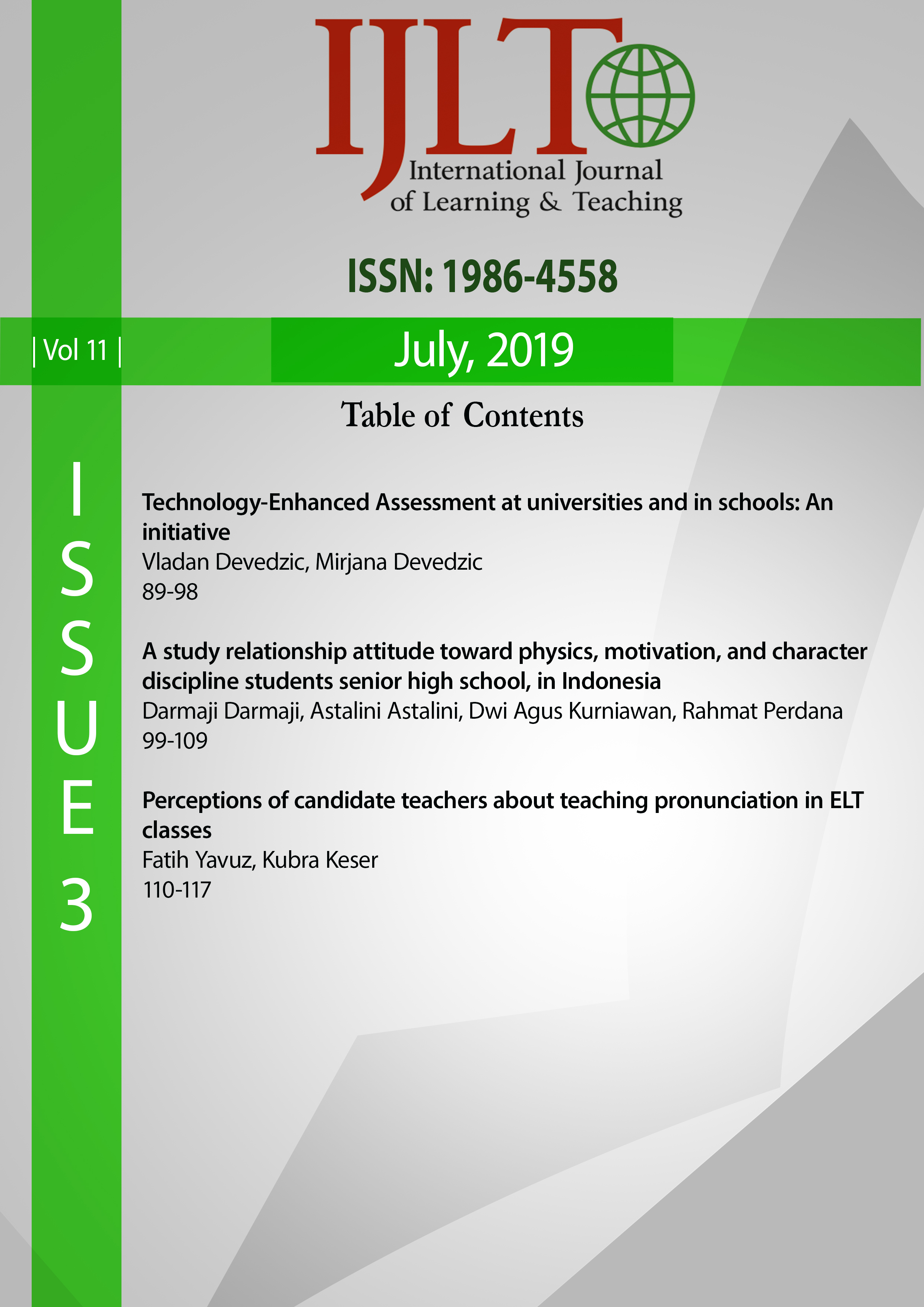A study relationship attitude toward physics, motivation, and character discipline students senior high school, in Indonesia
Main Article Content
Abstract
This research to see students’ attitude toward in physics learning, student motivation in physics learning, discipline student in physics learning, and the relationship between students’ motivation and attitudes toward physics subject. Using correlational quantitative research with correlational design, the subjects of the study were students of 612 students in senior high school Batanghari and Muaro Jambi district Provence Jambi, Indonesia. Instruments research is questionnaires attitude, motivation, and discipline. Analytical techniques are using descriptive statistics and inferential. The results the three indicators of student attitudes show good results, and for motivation and discipline students also show good results, with these results, there is a relationship between attitudes, motivation, and student discipline. Recommendation, therefore, it is very important for teachers to implement learning that fosters attitudes, motivation, and discipline of students in learning.
Keywords: Attitude toward physics, motivation, discipline;
Downloads
Article Details
Authors who publish with this journal agree to the following terms:
- Authors retain copyright and grant the journal right of first publication with the work simultaneously licensed under a Creative Commons Attribution License that allows others to share the work with an acknowledgement of the work's authorship and initial publication in this journal.
- Authors are able to enter into separate, additional contractual arrangements for the non-exclusive distribution of the journal's published version of the work (e.g., post it to an institutional repository or publish it in a book), with an acknowledgement of its initial publication in this journal.
- Authors are permitted and encouraged to post their work online (e.g., in institutional repositories or on their website) prior to and during the submission process, as it can lead to productive exchanges, as well as earlier and greater citation of published work (SeeThe Effect of Open Access).
